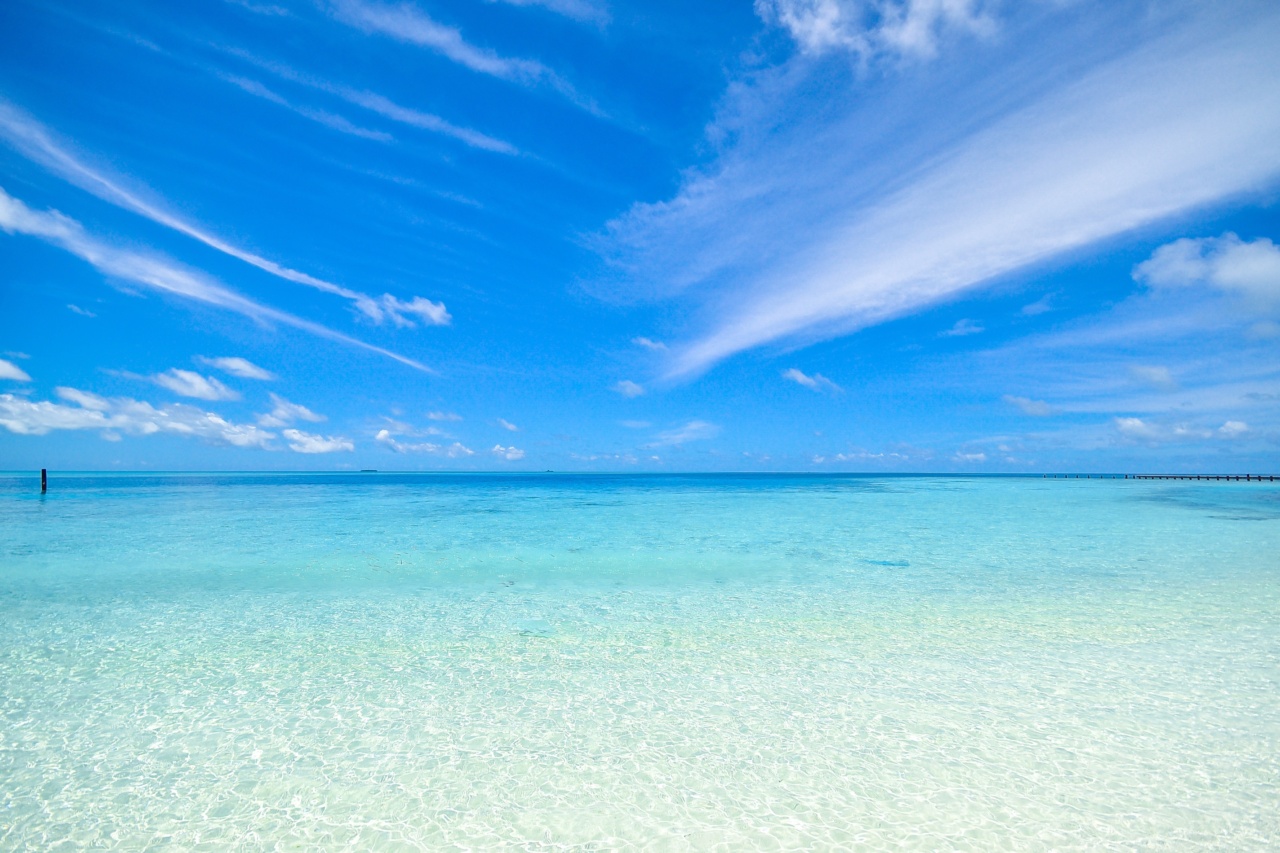Summer is a time for fun activities and enjoying the warm weather. Unfortunately, for some people, summertime also means nosebleeds. Nosebleeds are a common occurrence in the warm months, and they can be caused by a number of factors.
There are, however, different ways to prevent and treat nosebleeds.
What Causes Summertime Nosebleeds?
Nosebleeds, also known as epistaxis, occur when blood vessels in the nose break and bleed. The exact cause of nosebleeds varies from person to person, but they are often caused by one of the following factors:.
Dry Air
In the summer, hot temperatures can cause the air to become dry, which can irritate the nasal passages and cause nosebleeds.
People spend more time outdoors in the summer, and this can also expose them to air pollution, another irritant that can lead to nosebleeds.
Allergies
Summer can be a time for allergies, with pollen and other allergens in the air. These allergens can irritate the nasal passages, leading to nosebleeds.
Sunburn
Excessive exposure to the sun can cause the skin on the nose to dry and crack, making it more susceptible to nosebleeds. Sunburn can also lead to skin cancer and other serious medical conditions.
Trauma
People are more active in the summer, and this can lead to accidents that cause trauma to the nose. Trauma from a fall, sports injury, or even a child putting something up their nose can lead to a nosebleed.
Medications
Some medications, like aspirin or blood thinners, can increase the likelihood of nosebleeds. If you are taking these medications, it is important to speak with your doctor about ways to reduce the risk of nosebleeds.
How to Prevent Summertime Nosebleeds
While it may not be possible to completely prevent nosebleeds, there are steps you can take to reduce the risk.
Stay Hydrated
Drinking plenty of fluids can help keep nasal passages moist and reduce the risk of nosebleeds. This is especially important during the summer when temperatures are high and the air is dry.
Avoid Allergens
If you suffer from allergies, try to avoid exposure to allergens as much as possible. This can help reduce the risk of nosebleeds.
Use a Humidifier
Using a humidifier can add moisture to the air and help prevent nosebleeds. This is especially helpful during the summer when the air is dry.
Apply Sunscreen
Applying sunscreen to the nose can help prevent sunburn and protect the skin from drying and cracking, reducing the risk of nosebleeds.
How to Treat a Nosebleed
If you do get a nosebleed, there are steps you can take to stop it.
Sit Up Straight
Sitting up straight can help reduce blood pressure in the nose and help stop the bleeding.
Pinch the Nose
Gently pinch the soft part of the nose between your fingers and hold it for 10-15 minutes. This can help stop the bleeding.
Apply Ice
Putting ice on the nose can help reduce swelling and stop the bleeding.
Conclusion
While nosebleeds can be a common occurrence during the summer months, there are steps you can take to prevent them. Staying hydrated, avoiding allergens, and using a humidifier can all help reduce the risk of nosebleeds.
If you do get a nosebleed, sitting up straight, pinching the nose, and applying ice can all help stop the bleeding.































